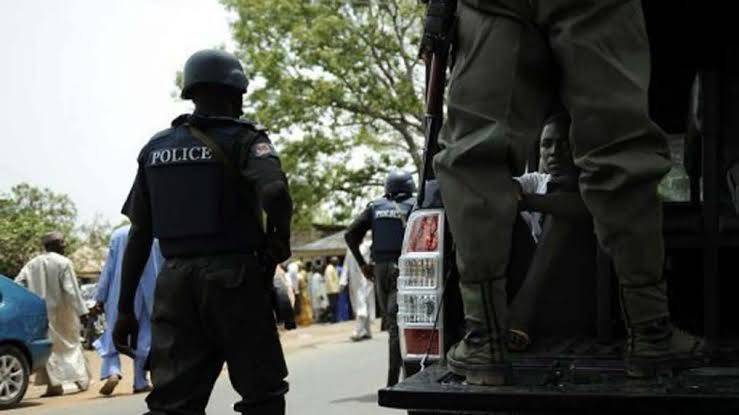Nigeria Sentences 44 To Hard Labour: See What They Did
A Nigerian court has sentenced 44 individuals to prison terms ranging from 10 to 30 years with hard labour for financing the extremist group Boko Haram. The convictions were handed down by four specially constituted courts sitting within a military facility in Kanji, located in Niger State. These courts were established specifically to handle terrorism-related cases as part of the country’s broader efforts to combat violent extremism. According to Nigeria’s counter-terrorism agency, the trials of 10 other individuals linked to similar offences were postponed and will be held at a later date.
The court proceedings represent a continuation of Nigeria’s crackdown on those enabling terrorism through financial support. Since 2017, the country has conducted mass trials of individuals suspected of involvement with terrorist groups and, based on official reports, has secured convictions in over 785 cases. These efforts form a crucial part of Nigeria’s strategy to disrupt the financial networks that allow extremist groups like Boko Haram to operate and expand their influence.
Boko Haram, an Islamist militant organisation that emerged in 2002 in northeastern Nigeria, has been responsible for some of the most devastating violence in the region. Over the years, its campaign of terror has spilled across Nigeria’s borders into Cameroon, Chad, and Niger, leaving tens of thousands dead and displacing millions from their homes. The group’s ideology is rooted in a radical interpretation of Islam that opposes Western-style education and governance, which it accuses of promoting corruption and moral decay.
The insurgency has been marked by a pattern of horrific attacks, including suicide bombings, mass shootings, and large-scale abductions. One of the most internationally condemned incidents occurred in 2014, when Boko Haram kidnapped 276 schoolgirls from the town of Chibok, triggering a global outcry and the #BringBackOurGirls campaign. That same year, the group attacked a government college, setting fire to the premises and killing several schoolboys trapped inside. Boko Haram has also carried out attacks on high-profile targets, including the 2011 bombing of the United Nations headquarters in Abuja.
These convictions send a strong message that not only those who carry out acts of terror, but also those who fund or support such activities behind the scenes, will be brought to justice. By targeting the financial infrastructure behind Boko Haram’s operations, Nigerian authorities aim to weaken the group’s capacity to recruit, mobilize, and carry out further violence. While challenges remain in fully eradicating insurgent threats, the outcome of these trials reflects the government’s commitment to applying the law against all tiers of involvement in terrorism and ensuring that justice is served across the board.




No comments yet
Be the first to share your thoughts!